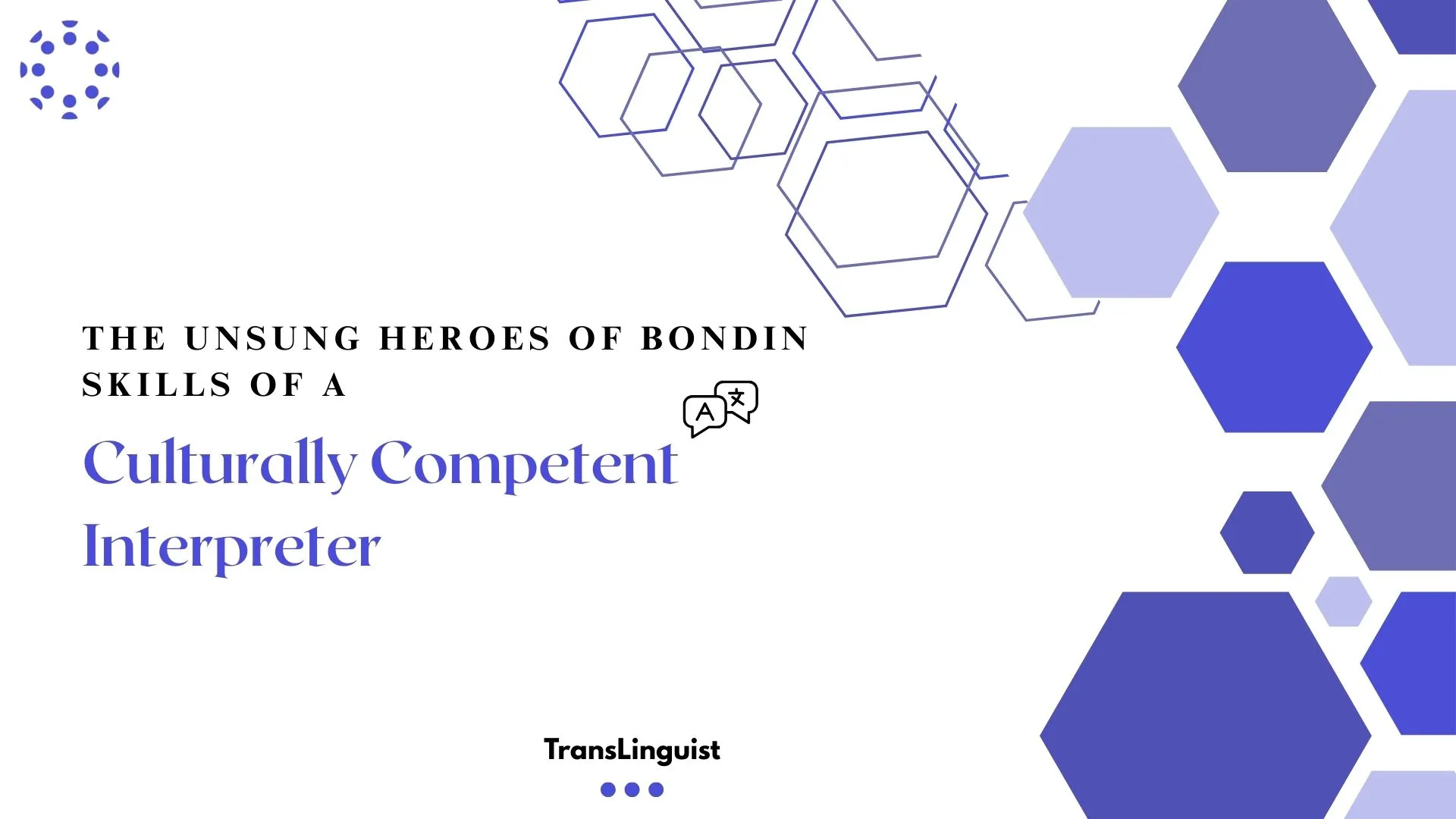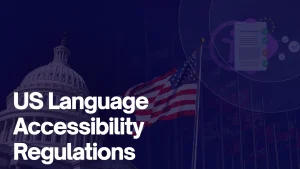In our world of globalism, free exchange is more necessary than ever before. But comprehension goes so much, much deeper than the word-for-word translation from two languages. And that’s where the valuable worth of a culturally attuned interpreter comes into view. They are the unsung heroes who bridge not only linguistic divides, but even the multi-dimensional depth of human culture and contact and comprehension.
What is Cultural Sensitivity in Interpretation?
Cultural sensitivity to interpretation is the ability to understand, appreciate, and react similarly in the different cultures that influence communication. One of course becomes sensitized to words being ascribed a varied value, gestures being ascribed a divergent meaning, and even silence being read into a message on the speaker’s culture. A sensitive interpreter goes beyond word-by-word translation to present the intended purpose, emotional tone, and cultural setting of a message.
Critical Cultural Interpretation Skills
Interpreters require a special mix of language ability and sharp cultural awareness if they are to become proficient interpreters in this challenging profession. Flexibility and empathy, hearing beyond the word, sensitivity to subtlety, knowledge of context, and ongoing learning are only some of the most important competencies in cultural interpretation.
It is a culturally aware interpreter who has the much-sought-after great talent of being able to empathize, a talent that allows him or her to see and understand the other side of things with people from other cultures. He or she is also very flexible as he or she can modify his or her style and tone in an effort to adapt to the changing norms of culture.
Active listening, however, is not simply a question of hearing that one is hearing but of actually listening to nonverbal signals, tone, silences, and even more deeply embedded cultural presuppositions. Interpreters must be sensitive to the underlying cultural substrate in a sensitive way. A cheerful “Merry Christmas” or “Season’s Greetings” then has to be stated otherwise or rephrased to get the proper tone in other religious and cultural settings. They know when to be obsequious within a religious setting and how to get the tone appropriately secular for a nonreligious setting.
A term or an expression has several meanings as per context, and therefore, a socio-cultural competent interpreter is aware of the socio-cultural, historical, and interpersonal context to decipher the message appropriately and correctly. And finally, cultures change, they grow up, and therefore, a culture-sensitive interpreter is a continuous learner, committed to continuous learning in terms of understanding various traditions, customs, and ways of communication.
The Paramount Importance of Cultural Sensitivity
The importance of cultural sensitivity in interpretation (and translation) should never be underestimated. It allows for effective and efficient cross-cultural communication through the medium of interpretation, prevents misunderstandings, unintentionally offending individuals, and creates confidence. Culture-sensitive interpreters establish an intimate environment where all concerned feel heard and respected. This touchiness unites people to comprehend one another’s practices and generates togetherness and bonding.
Culturally Sensitive Interpreter Traits
Apart from the technical competencies, there are some traits common to a culture-sensitive interpreter: respectful, impartial/unbiased, professional, and patient. They approach every contact with genuine respect for all the concerned parties of the other cultures above prejudice. Most importantly, in order not to make them biased, the interpreter must translate the messages verbatim without letting their own cultural perspective or judgment creep into the interpretation. Professionalism and secrecy, as well, should be noted. They handle confidential material quietly and stay impartial, gaining trust and fairness in the interaction. Sometimes it is very slow to transmit because of cross-cultural differences, so one has to be patient so that negligence of interpretation is not performed with respect and enlightenment.
How to Be a Culturally Competent Interpreter
It is always an ongoing process to remain culturally competent as an interpreter. It entails gigantic research, actual exposure and submersion, acceptance of remarks, and formal training. Prior to earning an assignment, discover the cultural heritage of the parties. Discover their communication mode, etiquette, and what they are sensitive about. To the largest possible degree, expose yourself to other cultures by going on tours, being part of a community, or through watching media that have been developed from multicultural backgrounds. Ongoing receive feedback of your sensitivity, in particular, concerning cultural correctness and sensitivity. And lastly, but not least, take courses or workshops on cultural competency, cross-cultural communication, and interpreter ethics.
Interpreter Ethics and Cultural Sensitivity
Most applicable in this case is the combination of cultural sensitivity and interpreter ethics. Ethics are primarily interested in neutrality, precision, and confidentiality. Cultural sensitivity builds on top of these ethics in the sense that it guarantees that the interpretation is linguistically accurate but also culturally aware and respectful. An ethical and sensitive interpreter is more focused on well-being and understanding of both parties and guarantees communication that fosters trust but not any deception or harm.
Lastly, culturally competent interpreters are not language conduits, but bridges mandated by law in today’s globalized world. Through professional training and constant efforts to be ethically compliant, they allow people to communicate meaningfully, help understand each other, and ultimately bring people closer together one culturally competent dialogue at a time. For more information, visit TransLinguist
FAQs
Interpretopically, what is "cultural sensitivity"?
It entails the interpreter's understanding of how one's culture influences not just words but also intent, tone, values, context, etc., and how to convey the message in a proper manner to get the way they intended to without causing offence or misunderstanding.
What separates a culturally competent interpreter from a bilingual person?
While a multilingual individual can be commanded, a culturally competent interpreter can discern nonverbal cues, modulate register or tone, comprehend taboos and conventions for each party, and minimize cultural faux pas in live communication environments.
Why is cultural awareness valuable in high-stakes situations?
A single culturally tone-deaf expression can greatly affect consent, contracts, trust, and compliance in healthcare, law, education, diplomacy, and business. Sensitivity reduces risk and safeguards understanding.
What are the most important skills for culturally competent interpretation?
Empathy, flexibility of style and register, historical, social, and interpersonal contextual awareness, extended listening, and commitment to lifelong learning and self-reflection.
How do interpreters handle holidays, idioms, and culturally specific greetings?
To preserve the accuracy and respect of the message, they offer concise, neutral definitions or culturally appropriate substitutions while keeping the original meaning and intent intact.



